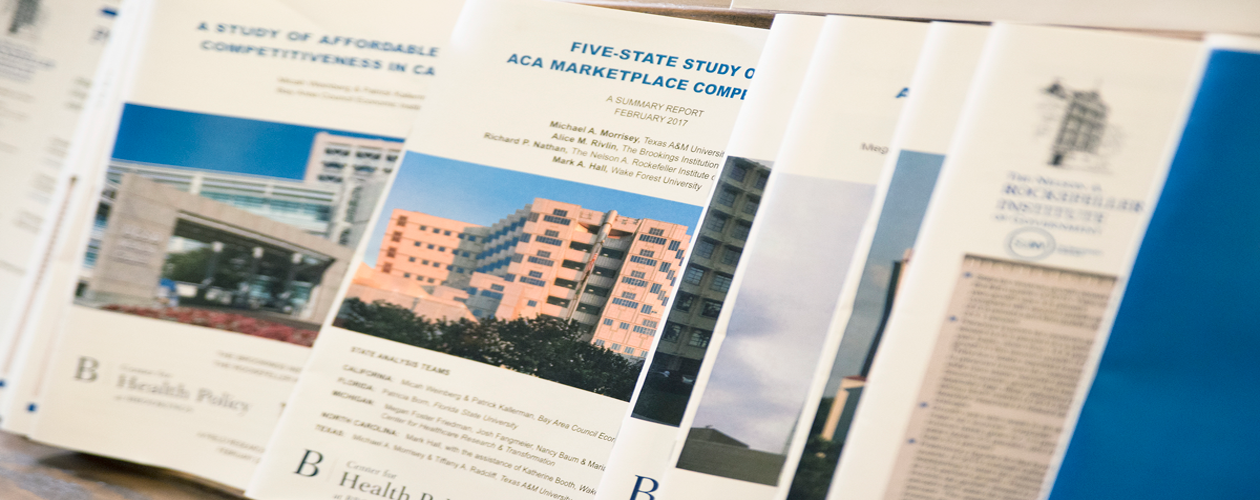Trump Effect and/or Weakening Economy Could Be Driving Revenue Shortfalls Across the Country
Albany, NY —Today, the Rockefeller Institute of Government released a new special report entitled, “Shortfalls on States’ April Tax Returns: Trump Effect, Weak Economy, or Both?” examining the April 2017 tax receipts for 41 states with broad-based income taxes. The report found that:
- This April, total state income tax revenue was down 4 percent compared to the previous year.
- The lower total state tax revenue from this April was driven by declines of 7.3 percent in final returns and 4.3 percent in estimated payments, more than offsetting 5.3 percent growth in withholding tax collections.
- April income tax revenue fell in 24 of 41 states. The declines were largest in the New England and Mid-Atlantic states, followed by Southern states. April revenue was up in the Great Lakes and Rocky Mountain states.
- Although many states had forecasted declines in April and May, they were worse than expected. Nineteen out of 21 states that publish monthly cash flow forecasts fell short in April and May. The median shortfall was 6.4 percent in the months of April and May.
Given the incomplete data picture, the reason for the revenue shortfalls in the states is unknown at this time. Strong indications point to a “Trump Effect,” i.e., individuals shifting income out of 2016 in the hope of benefiting from promised cuts in federal tax rates the president proposed during the campaign. If this is the case, state income tax revenue would grow more strongly next year. However, the income tax revenue shortfall felt in the states could also reflect weakness in last year’s economy that has not yet made its way into published data — a harbinger of more trouble to come. If this is the case, states would need to further revise their assessments of current economic conditions and revenue projections downward. Or, this year’s revenue shortfalls could be a combination of both, further complicating projected state revenue across the country. More complete data will present a clearer picture of the underlying issues driving the revenue shortfalls. The Rockefeller Institute will be putting out future reports as more data become available. The report was authored by Fiscal Studies Director Donald J. Boyd and Senior Research Scientist Lucy Dadayan. Read the report at www.rockinst.org/pdf/government_finance/2017-07- 17_By_The_numbers_No10.pdf.

